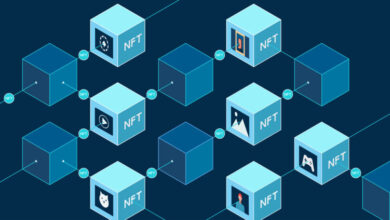Banks Unprepared: AI Solutions for Open Banking Challenges

Leveraging AI to make use of open banking data
While many financial institutions are not yet ready for open banking, the benefits of it are clear. In the US, 53% of banks see improved data insights, as well as approved data sharing, through open banking services as a significant stream of revenue.
Enhanced data-sharing capabilities as a result of new open banking regulations will make collaboration between traditional banks and fintechs easier too. Today, 74% of global banks and 66% of US banks see open banking as “crucial” to their futures.
With data-driven collaborations, banks will better enable fintechs to leverage AI for the creation of new products and financial services.
The importance of AI to support banks amid an open banking revolution is not just for revenue gains, it’s also about providing an acceptable customer experience.
Some 40% of global banking customers say they haven’t received the same personalised service from their bank that they get everywhere else. In fact, only 27% of consumers believe that their bank offers them services best suited to their financial situation, and 19% say that inadequate personalisation could cause them to change banks entirely.
AI: The key to transforming customer services
With global customer satisfaction figures for banking low, banks are placing their confidence in AI to deliver the hyper-personalised experiences that customers crave.
Per the report, 62% of US banks say that AI will have the most significant impact on customer service. As banks increasingly turn to AI to better engage with consumers, 64% of US incumbents specifically plan to expand their investments in AI-enabled chatbots and digital assistants, compared to 45% of banks globally.
This comes as 48% of banking customers feel their financial advisor does not fully understand their needs and 51% feel banks are not interested in helping them earn more money.
As such, AI reveals opportunities for banks to build on the trust that consumers already have in them by becoming better financial advisors. That’s because, despite the concerns expressed, consumer trust in traditional banks still stands at 80%.
Eric adds: “Open banking is one of the main areas where banks are looking to AI to streamline processes and create new opportunities for collaboration—but it doesn’t stop there. AI also enables banks to adhere to consumers’ growing need for personalisation by becoming their trusted financial advisors.”



